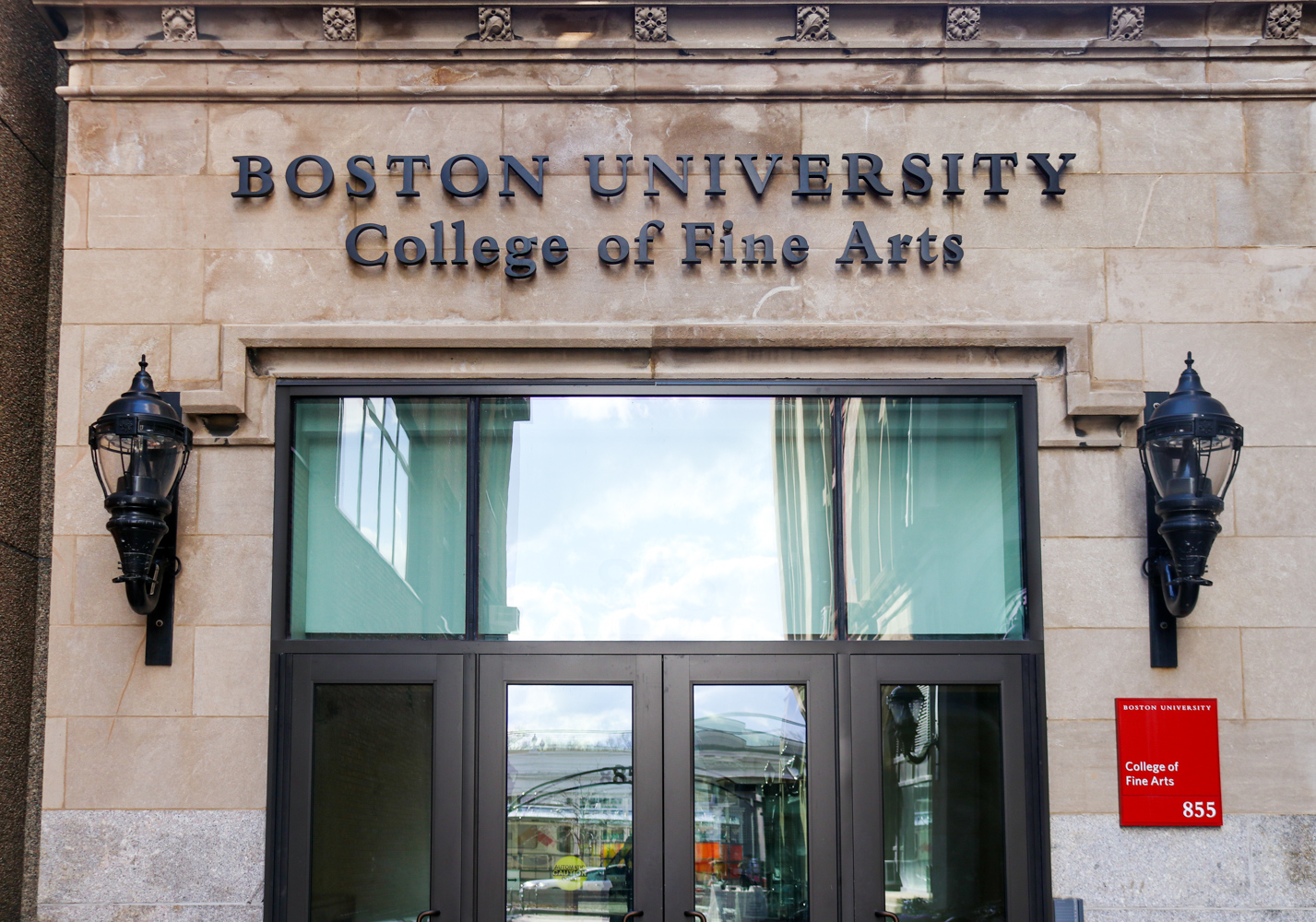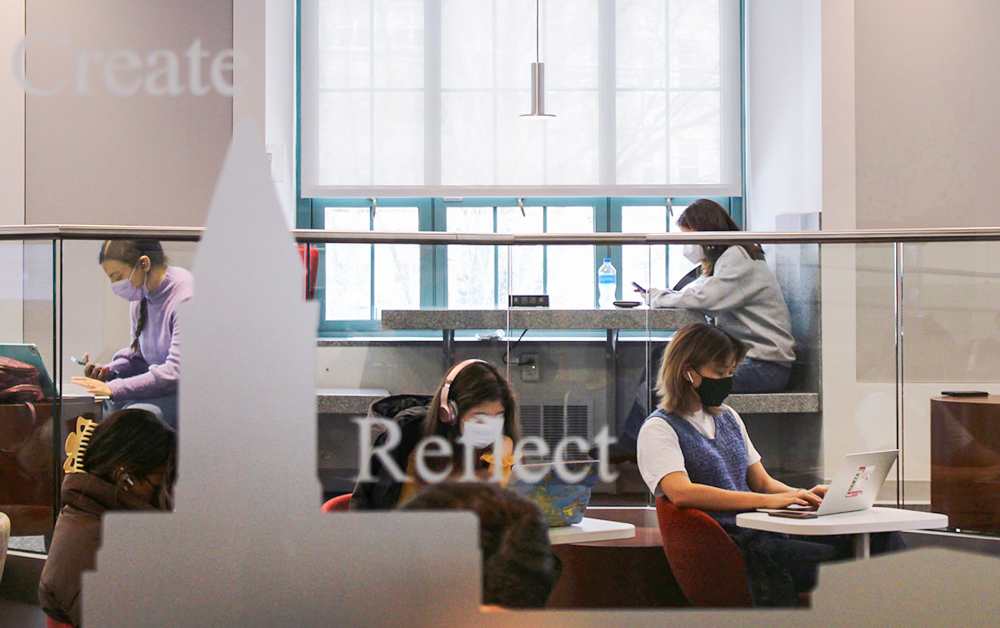Robert Lee, a College of Arts and Sciences freshman, said his student loans and financial aid from Boston University are important, especially as he is one of three students in his family with student loan debt.
“It was helpful, substantially,” Lee said. “It fulfills most of my tuition payment.”
Average student loan debt in the United States increased from 2007 to 2010, according to a recent study published Wednesday by the Pew Research Center.
“Among households owing student debt, the average outstanding student loan balance increased from $23,349 in 2007 to $26,682 in 2010,” the study stated.
One in five households in the U.S. owed student debt in 2010, according to the study. In 2007, student debt was held by 15 percent of U.S. households and rose to 19 percent in 2010.
Since 2007 the incidence of student debt has increased in nearly every demographic and economic category, as has the amount of debt, the study stated.
“That’s not surprising given that two-thirds of all high school graduates now go on to college,” said BU spokesman Colin Riley. “That’s a significant increase from 25 years ago, or so, when only half of high school graduates went on to college.”
Riley said about 57 percent of BU students have taken out student loans.
“[The] analysis also finds that a record 40 percent of all households headed by someone younger than age 35 owe such debt, by far the highest share among any age group,” the study stated.
Riley said BU’s financial aid packages are assigned based on a federal formula. BU assesses a student’s financial aid through the Free Application for Federal Student Aid as well as CollegeBoard’s College Scholarship Service Financial Aid Profile to determine an estimated family contribution.
“BU is very generous when it comes to financial assistance, but we do not have unlimited resources,” Riley said. “We have to put financial aid packages together for students anticipating their ability and their fit for the school.”
Jessica Yoder, a CAS sophomore, said she does not care for the student loan system.
“I have the Federal Direct Stafford loan and every year it goes up a little bit,” she said. “I got $5,500 last year and this year I got $6,500, but in the end, I’m just going to have to pay it back anyways. It’s not worth it.”
Yoder said she did not get any financial aid from BU due to her father’s income, but she still has outside loans.
“I think I have a couple years to pay it back,” she said. “Basically, you have to pay it within a couple years and it keeps going up and it’s like, what’s the point? Student loans suck.”
Yoder said she knew of two students who lost financial aid due to not maintaining a standard grade point average, but reacquired their financial aid packages through appeals.
“If you have a really bad GPA and you’re supposed to lose your scholarship, I don’t think it’s worth it to appeal it. It’s like ‘Oh, I screwed up my GPA, let me just get more money again,’” she said. “I feel like some people do deserve it, like international students.”
Lee said his parents manage most financial affairs dealing with his loans and tuition.
“They just kind of say, ‘We’ll worry about this. You worry about school,’” he said. “I’m going to probably have to deal with it later, but I’ll worry about that then.”





























































































































